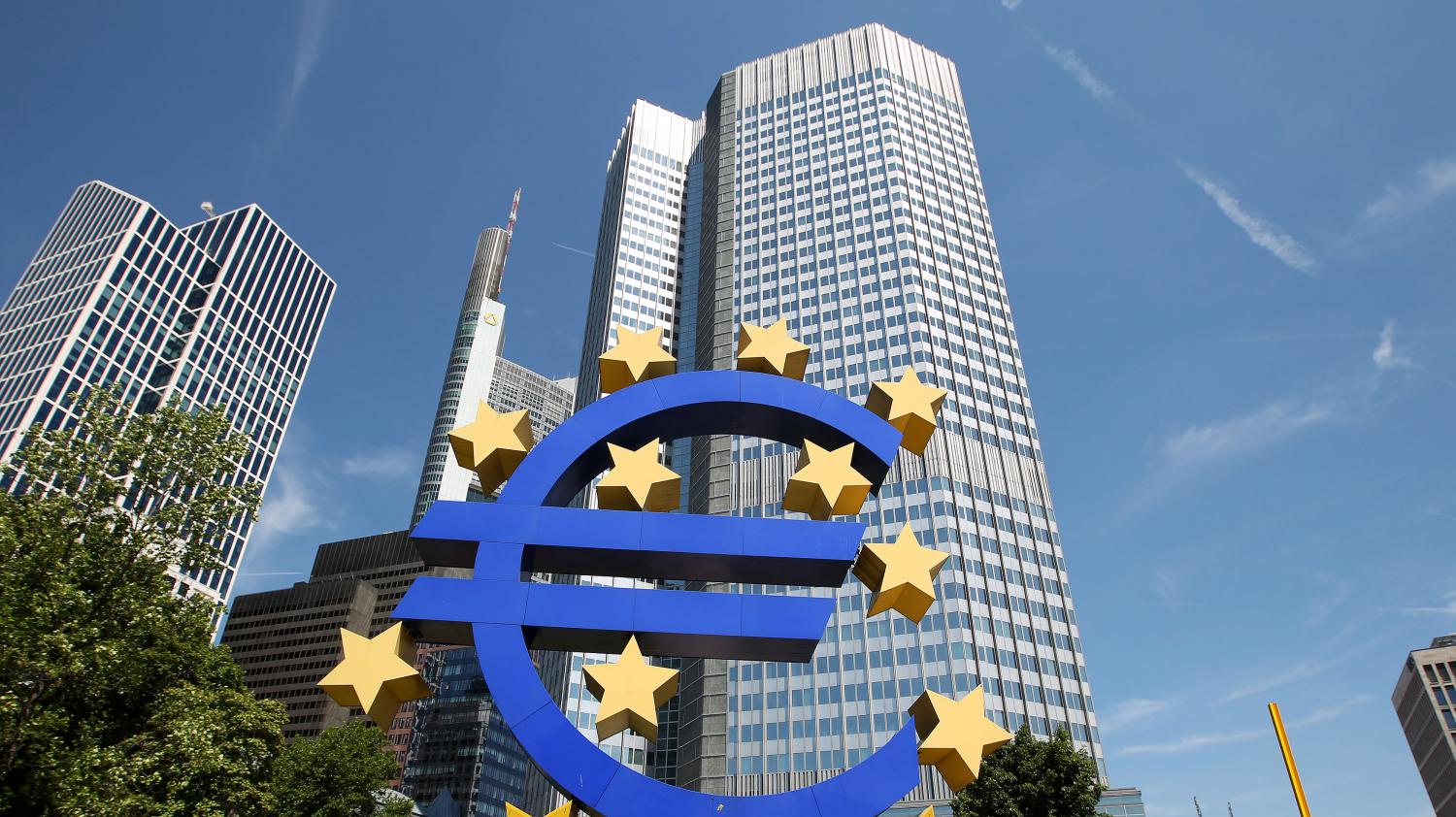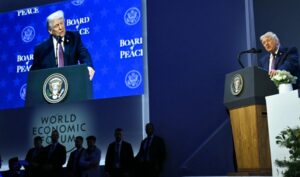
According to a member of the bank’s board of directors, unless there are unforeseen surprises or external shocks, the rate increase is over
Unless there are unforeseen surprises or external shocks, “interest rate increases by the ECB [Banco Central Europeu] are over”said François Villeroy de Galhau, governor of the Bank of France and member of the governing board of the European Central Bank.
According to the newspaper Milan Financethe banker, in an interview with Classical Radio, stated that inflation in the euro zone in October was less than 1/3 of that of the previous year (2.9% versus 10.6%). The trend is “clearly decreasing”he said, before clarifying that, although it is “too early to talk about a cut, the day of reduction will come when everyone is convinced that inflation will return to 2%”.
INFLATION FALLS AND RATES FALL
Regulators are focused on wages in early 2024 and March macroeconomic projections. According to the latest official statements from the ECB in Frankfurt, it is believed that the current level of interest rates will provide a significant boost to bring inflation back to the 2% target. A contribution that, at the moment, has only been partially felt, since, as the latest Eurostat data on production prices show, the slowdown in inflation in the Eurozone is due more to the fall in energy prices than to the monetary tightening of the ECB.
In this context, a month after the start of the conflict between Israel and Hamas, not even instability in the Middle East is reigniting the energy race. The price of a barrel brent in the futures market, although it has recovered slightly since Wednesday (Nov 8), it fell in the last week, from US$ 86 to around US$ 80. The same happened with the Texas barrel, which fell from US$ 81 to $76. Good news for inflation as rate hikes are expected to deliver the final blow to reach 2%.
Monetary tightening, on the other hand, is already largely showing its effects on the economy, with manufacturing production and services activity in full contraction (the PMI index, the purchasing managers index, composed in October reached the lows of the last 3 years) that are dragging the euro area into recession.
IT’S “DOVES” TIME
At the same time, the ECB’s 10 consecutive interest rate increases, followed by the pause in October, caused the supply of credit to families and companies to contract even further, putting a brake on future investments and projects. By itself, a stable unemployment rate of 6.4% and 6.5% seems insufficient to justify a further increase by the end of the year. Therefore, despite the “hawks” (hawks, in Portuguese) who, like the economist and member of the Executive Board of the European Central Bank Isabel Schnabel, do not rule out a new tightening, it seems that now is the time for “doves” (doves, in Portuguese).
With information from Investing.
Source: https://www.poder360.com.br/economia/bce-sinaliza-fim-de-alta-dos-juros-mas-mantem-cautela-com-inflacao/

